AI isn’t just a buzzword anymore, it’s reshaping industries, marketing included. From auto-generating text to creating jaw-dropping visuals, AI tools are evolving fast. And for digital marketers, the real shake-up is happening in one specific area: search.
So, what does AI mean for SEO today? How do we use AI for SEO and what are the best AI tools for SEO in the market? Let’s break it down.
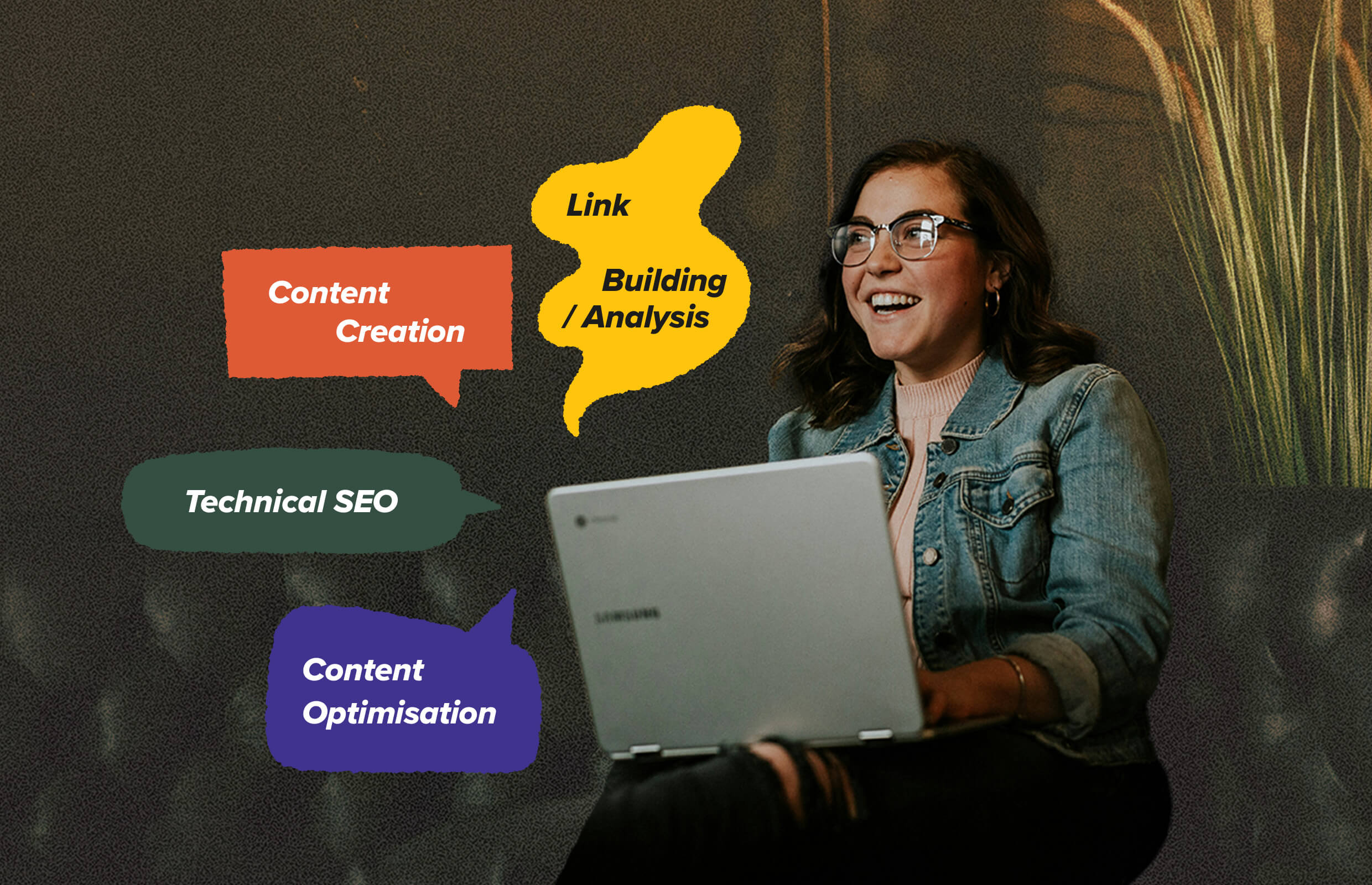
AI + Search: A New Era for Discovery
In 2025, people expect answers—fast. Google’s AI Overviews (AIO) and Microsoft’s Copilot Search now sit right at the top of search results, summarising content instantly using multiple web sources. These aren’t just new features, they signal a fundamental shift in how search engines work and how users engage with content.
And it’s not only user experience that’s changing. A PwC study projects a 40% productivity boost from AI-driven automation. Early adopters in sales and marketing are already seeing revenue increases of 6–10%. For SEO, AI is unlocking new efficiencies and new challenges.
How AI Is Reshaping SEO?
AI has made significant advances across a variety of industries within recent years. Its popularity has reached a fever pitch in the past two years. AI is transforming the back end of search, too. Search engines are now powered by advanced Large Language Models (LLMs) and machine learning, shifting from simple keyword matching to a deeper understanding of context, meaning, and user intent. Tools like RankBrain, BERT, MUM, and Gemini are leading this evolution.
This means SEO isn’t just about keywords anymore. It’s about answering questions better than anyone else and maybe even getting cited by the AI itself.
The Rise of Zero-Click Searches
AI-generated summaries provide users with instant answers often without clicking through to websites. This “zero-click” trend is growing fast. Some estimates suggest up to 60% of searches now end without a click.
The result? Organic click-through rates are dropping by as much as 18% to 64% depending on the query. One study showed a 34.5% drop in clicks directly linked to AIOs, with site traffic down by 40% or more in some cases. Marketers relying heavily on informational content are feeling the hit the hardest.
Where AI Summaries Show Up (and Where They Don’t)
AIOs are most common for informational queries, especially in industries like Health, Business, and News. As of March 2025, they appeared in:
- 10.4% of desktop searches in the US
- Up to 42.5% of searches in Q4 2024
- Only 0.14% of local searches
- They also show up more for long-tail keywords and on mobile—where usage has spiked by 119%.
Strategy Shift: From Rankings to Relevance
AI draws heavily from top-ranking content. If your content is strong, there’s a good chance you’ll be featured in AI summaries. But if it’s surface-level and doesn’t provide value? You’re out.
That’s why it’s no longer enough to just rank high. Your content needs to offer depth, experience, and authority, what Google calls E-E-A-T (Experience, Expertise, Authoritativeness, Trustworthiness). The goal: become the source AI has to include.
Meanwhile, the user experience on SERPs is getting more cluttered with ads, AI summaries, and suggested content all fighting for space. This could drive users toward alternative search models like Perplexity or ChatGPT Search, which offer cleaner, conversation-style experiences.
Is it Essential for Marketers to Learn How to Use AI for SEO?
Understanding how to use AI for SEO is essential as AI reshapes the landscape rather than replacing SEO. As our Head of SEO, Jude Quiroz, notes: “SEO isn’t just technical anymore. It’s about understanding your audience, acting fast, and executing with precision.”
The core principles remain: creating valuable content, aligning with user intent, and ensuring visibility but the rules of the game are changing.
Here’s how to stay ahead of the curve:
- Let AI Do the Heavy Lifting
Learn how to use AI for SEO by integrating the best AI tools for SEO. Utilize tools like Jasper, ChatGPT, and Copy.ai for brainstorming, outlining, and drafting. For optimization, rely on SurferSEO, Frase, or Clearscope. Automate audits, internal linking, and schema markup with tools like Screaming Frog and SEMrush. Remember that AI acts as your assistant, not the strategist, so human insight, creativity, and oversight remain important.
- Go Beyond Keywords
Focus on user intent and semantic search. Target long-tail and conversational queries. Answer related questions clearly and concisely to increase chances of being cited by AI.
- Double Down on E-E-A-T
Share real experiences, expert opinions, and unique perspectives. Cite credible sources, build reputation, and ensure transparency.
- Create Content AI and People Wants to Use
Your content needs to serve two audiences at once: people and AI. That means going beyond keyword stuffing or AI-written fluff. Focus on clarity, structure, and utility, so both search engines and users can instantly grasp the value you’re offering.
Use structured formatting: headings, lists, FAQs. Implement schema markup (FAQPage, HowTo, Author, etc.). Don’t block AI crawlers in your robots.txt.
- Diversify Your Traffic Sources
Build owned channels, email lists, communities, tools. Invest in video, especially YouTube. Show up on relevant social platforms where your audience already hangs out.
Our Final Word: Think “Human + AI,” Not Human vs AI
There’s a lot of noise out there about AI taking over jobs, killing creativity, or making SEO irrelevant. But here’s the truth: the most effective strategies today aren’t choosing sides. They’re combining strengths, using the best AI tools for SEO to complement human creativity and strategic thinking.
This is where human marketers shine. We bring nuance, the lived experience, the cultural context. We ask better questions. We challenge assumptions. We make content that doesn’t just rank—but resonates. Think of AI as a power tool. You still need a skilled builder to use it well.
Search isn’t dead. But with the integration of AI, it has transformed. For marketers willing to adapt and leverage how to use AI for SEO, it represents a tremendous opportunity to reframe what’s possible and stay ahead in the evolving digital landscape.





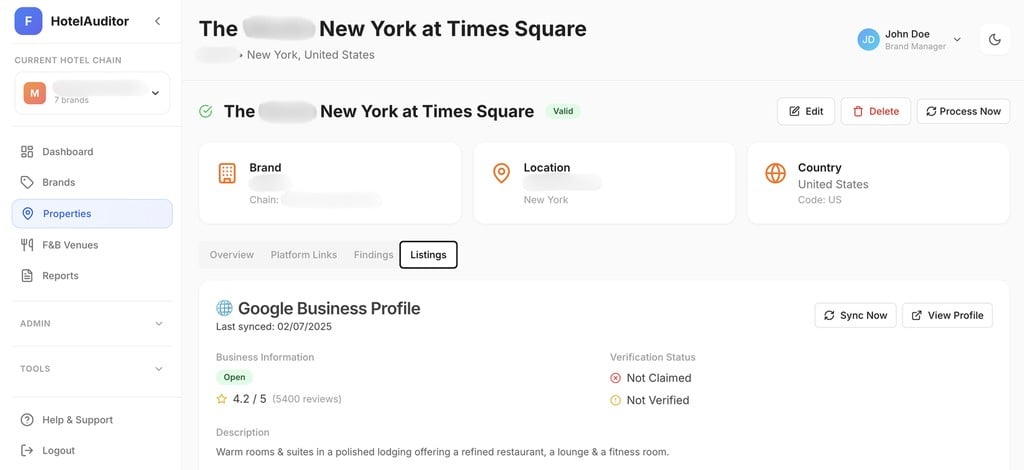
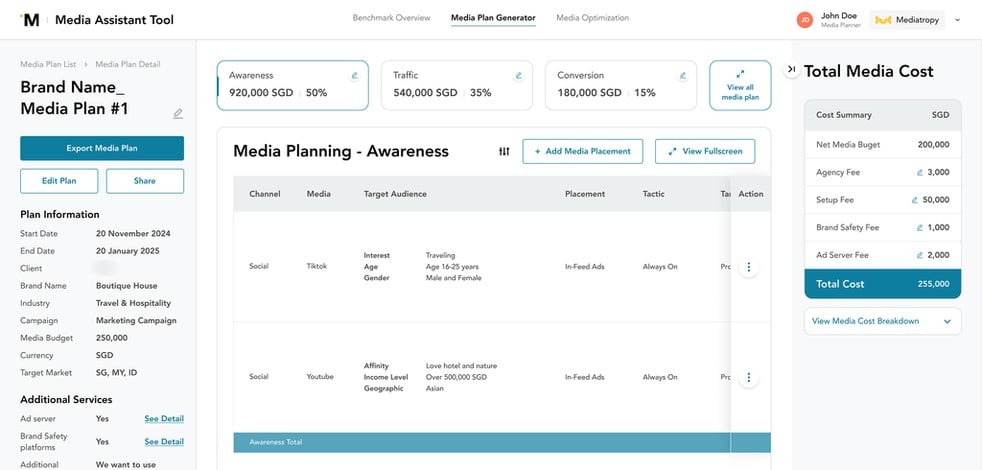
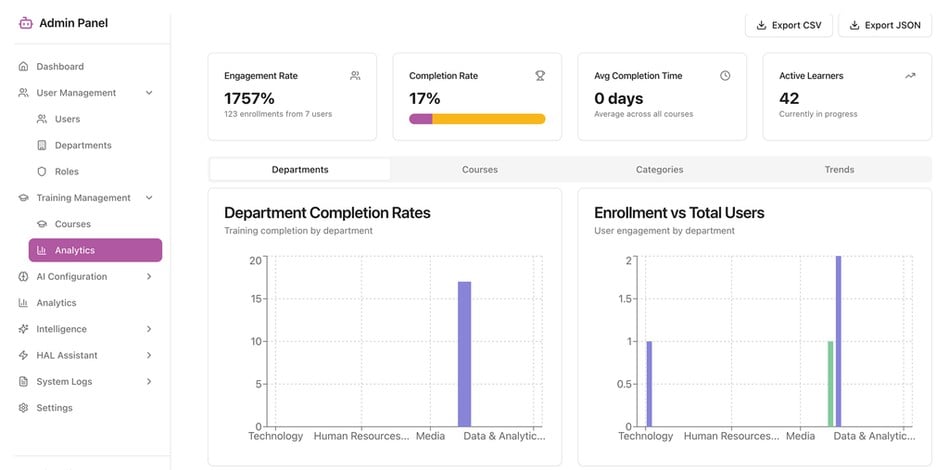
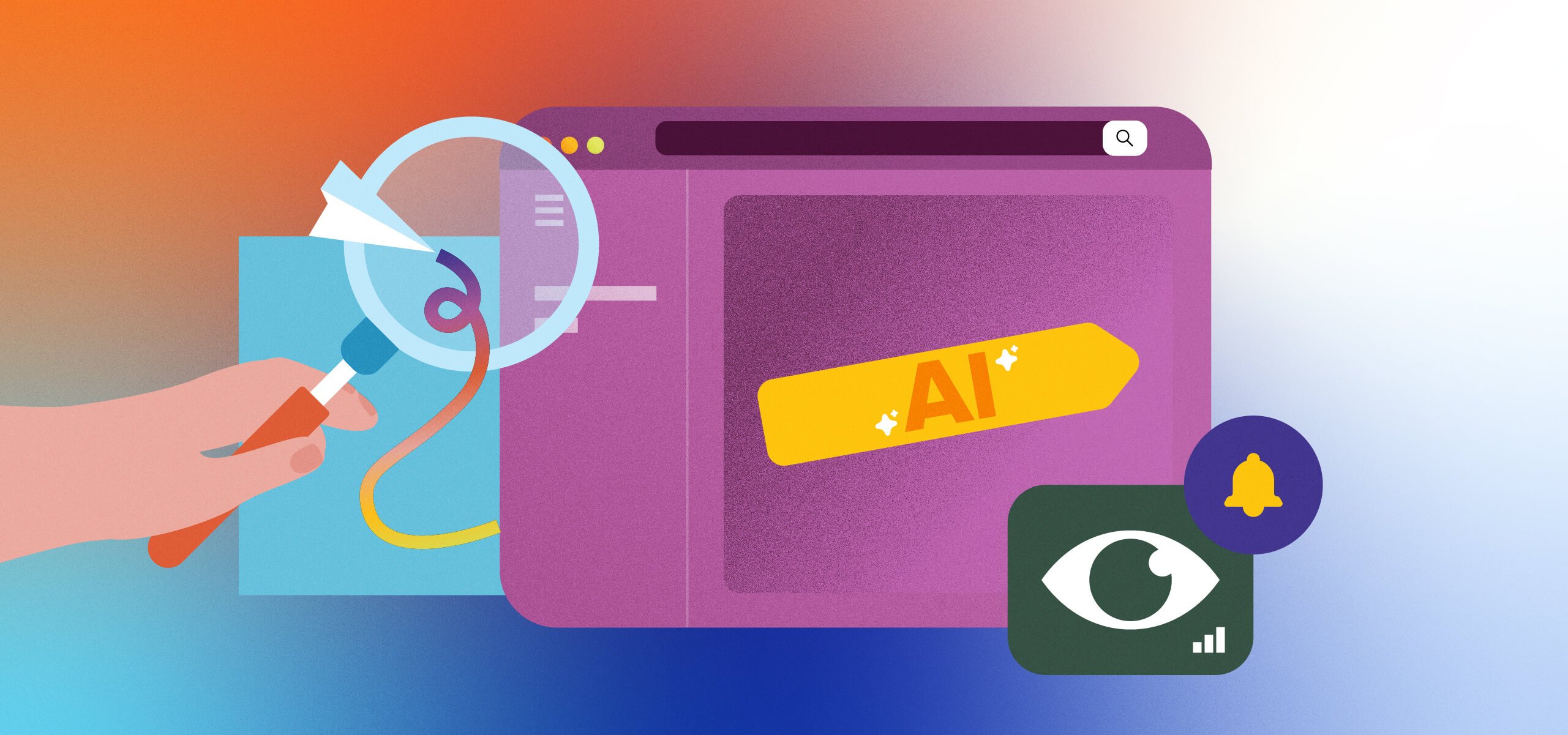


Discussion about this post